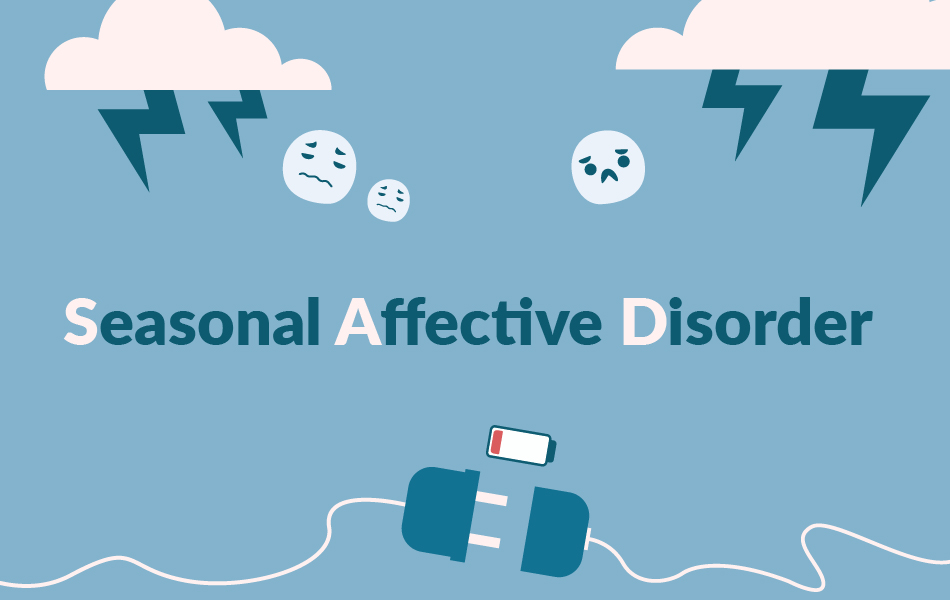
How Abuse Impacts Mental Health
September 2, 2019
Dissociative Personality Disorder
October 28, 2019Depression commonly refers to a state where low moods are the baseline for the condition.
On the contrary with Atypical Depression, or Dysthymic Disorder, a person will have an improvement in mood when experiencing positive events. This is what makes this specific kind of depression atypical from the norm, where there are generally no improvements in mood. It’s also where it gets its name from – Dysthymia is different to the ‘normal’ types of depression – not because it’s considered uncommon in any way.
In fact, Atypical Depression is twice as common in women as in men, and can occur much earlier than clinical depression.
Symptoms and risk factors
Atypical Depression is considered to be a subtype of Major Depressive Disorder. As a result, it shares symptoms related to the depression we’re mostly familiar with, like low mood and lethargy. However, there are also symptoms which set it apart: increased appetite that leads to weight gain, feeling of heavy/paralyzed limbs, hypersomnia (sleeping for more than 10hrs/day), and an intense fear of rejection that leads to the breakdown of interpersonal relationships at home and work.
When it comes to the risk factors for Atypical Depression, we have to look at a combination of biological and environmental aspects. Experiencing the loss of a loved one, for example, is a tremendously stressful event that could trigger an existing vulnerability to depression. In fact, any kind of major life change can bring on depression, like being diagnosed with a serious illness or losing your job. Having a family history of depression also puts you at higher risk, as does experiencing any kind of abuse – whether it’s physical, sexual, or emotional.
Seeking help
As with any mental health condition, it’s never the right choice to suffer in silence. The bravest thing you can do for your health and wellbeing is to reach out for the support and guidance you need. Untreated depression is a downward spiral that very few escape unscathed. That is why it’s so important to take action if you recognize yourself in any of the symptoms we’ve covered in this post.
Help is only a click or phone call away – contact us at ZwavelStream Clinic, where we have just the people you’ll need to help you on your journey to managing your condition and living the quality life you deserve to live.





